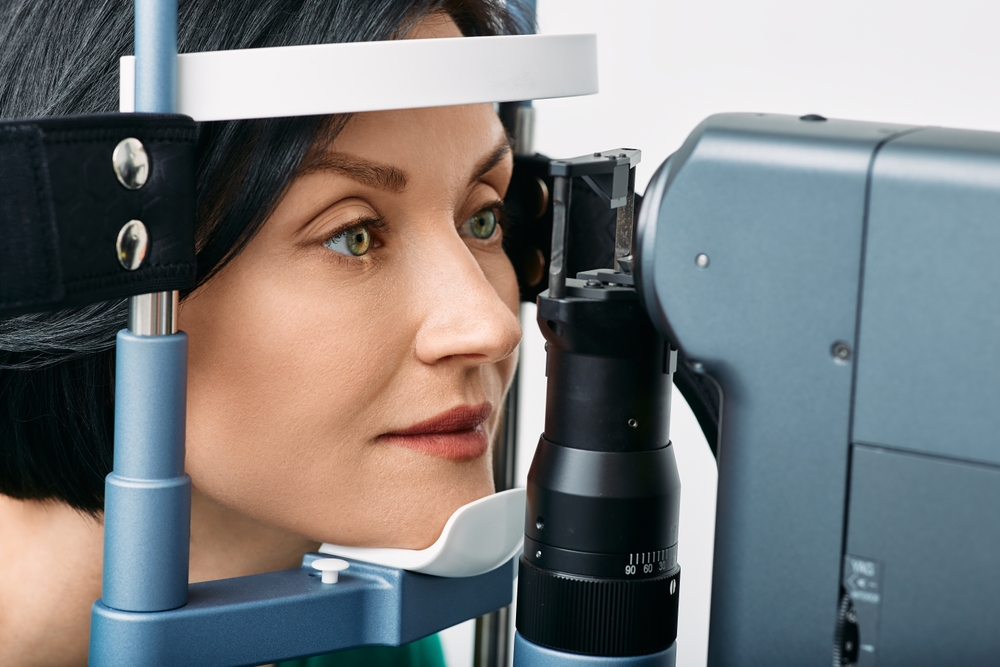
A comprehensive eye exam is a thorough assessment of your eyes and vision. It's more than just a simple eye test, but an essential health check that can identify a range of issues, even before any symptoms are apparent. This type of examination includes a range of tests including visual acuity tests, eye muscle tests, and tests for glaucoma, just to name a few.
These types of eye exams are crucial, not only for maintaining optimal vision, but also for keeping a check on your overall health. They can help detect conditions such as diabetes and high blood pressure, which are often first noticed through changes in vision or the appearance of the eye. A comprehensive eye exam is a preventative measure, aimed at catching any potential issues early, before they become severe.
The Importance of Regular Eye Exams
Eye health is an integral part of our overall well-being, yet it is often overlooked. Regular eye exams are critical, not just for vision problem detection, but for prevention as well. They offer a chance for your eye doctor to detect changes or abnormalities in your eyes that could indicate a more serious health issue.
Regular eye exams are especially important for those with a family history of eye diseases. Many eye conditions are hereditary, so if a family member has been diagnosed with an eye disease, you are at a higher risk. Regular comprehensive eye exams can help to detect these conditions early and initiate treatment as soon as possible.
Additionally, our eyes change over time, even if we have had perfect vision all our lives. Regular eye exams help keep track of these changes and make sure that our prescriptions are up-to-date. They also help detect age-related vision changes and diseases, offering us a chance to take preventative measures or start early treatment.
How a Comprehensive Eye Exam Can Detect Vision Problems
Comprehensive eye exams provide an opportunity for your optometrist to thoroughly check your eyes for any signs of vision problems or diseases. They involve a series of tests that check everything from your eye pressure (for glaucoma) to your eye’s response to light.
One of the most important aspects of the comprehensive eye exam is the dilated eye exam. This involves putting drops in your eyes that dilate, or widen, your pupils. This allows your optometrist to get a good look at the back of your eyes and examine them for any signs of disease or damage.
These exams can also detect refractive errors, such as myopia (nearsightedness), hyperopia (farsightedness), and astigmatism. These are all conditions that can cause blurry vision and are easily corrected with glasses or contact lenses. By identifying these issues early, a comprehensive eye exam can ensure that you get the treatment you need to maintain good vision.
Prevention of Vision Problems Through Comprehensive Eye Exams
Prevention is always better than cure, and this is especially true when it comes to eye health. Regular comprehensive eye exams are an excellent tool for the prevention of vision problems. They allow for early detection of eye diseases, which can significantly improve the outcome and prognosis.
During a comprehensive eye exam, your optometrist can advise you on ways to protect and improve your eye health. For instance, they might suggest certain lifestyle changes, like quitting smoking or reducing screen time. They can also provide guidance on how to take care of your eyes if you have a condition like diabetes, which can lead to serious eye problems if not managed properly.
The preventive aspect of comprehensive eye exams can also extend to your overall health. As mentioned, certain systemic diseases, like diabetes and hypertension, can be detected during an eye exam. By identifying these issues early, you can take steps to manage them and prevent potential complications, including vision loss.
Signs That You May Need a Comprehensive Eye Exam
It's essential to remember that many eye diseases don't show symptoms until they've progressed significantly. Even if you think your vision is perfect, regular comprehensive eye exams are still crucial. That said, certain signs might indicate that you need an eye exam sooner rather than later.
These signs include changes in vision such as blurriness, seeing double, or experiencing regular headaches. Increased sensitivity to light, difficulty seeing at night, or seeing floaters or flashes of light are also signs that something might be wrong. Eye pain, redness, swelling, or a feeling of pressure inside your eye are all reasons to schedule an eye exam as soon as possible.
If you're a parent, watch for signs that your child might need an eye exam. These can include squinting, sitting too close to the television, having difficulty reading, or complaining of headaches or tired eyes.
Maintaining Eye Health with Regular Comprehensive Eye Exams
Comprehensive eye exams play a crucial role in maintaining eye health and preventing vision problems. They offer a way to detect and treat eye conditions early, before they can cause significant damage. Regular eye exams can also indicate systemic health issues, allowing for earlier intervention. Maintaining good vision is not just about seeing well; it's also about ensuring the overall health of your eyes.
Whether it's been a while since your last check-up, or you've noticed changes in your vision, don't delay scheduling your next comprehensive eye exam. Visit Vision One Eyecare Center at our Fort Mitchell or Dry Ridge, Kentucky office. Our goal is to make a positive difference in the health of our patients. Please call (859) 267-1700 or (859) 407-7400 to book an appointment today.







